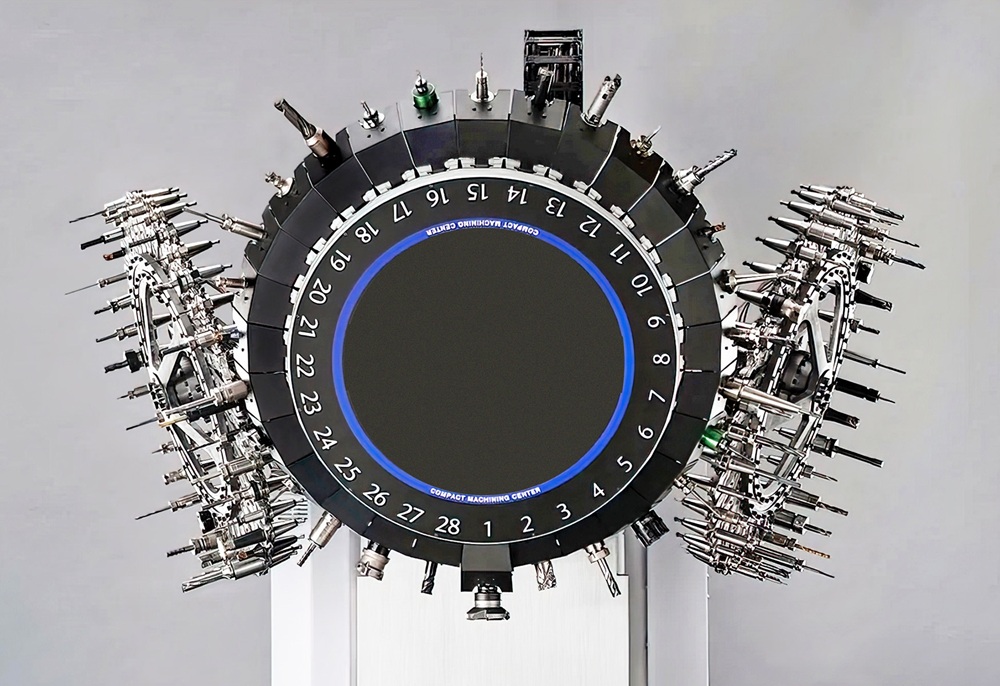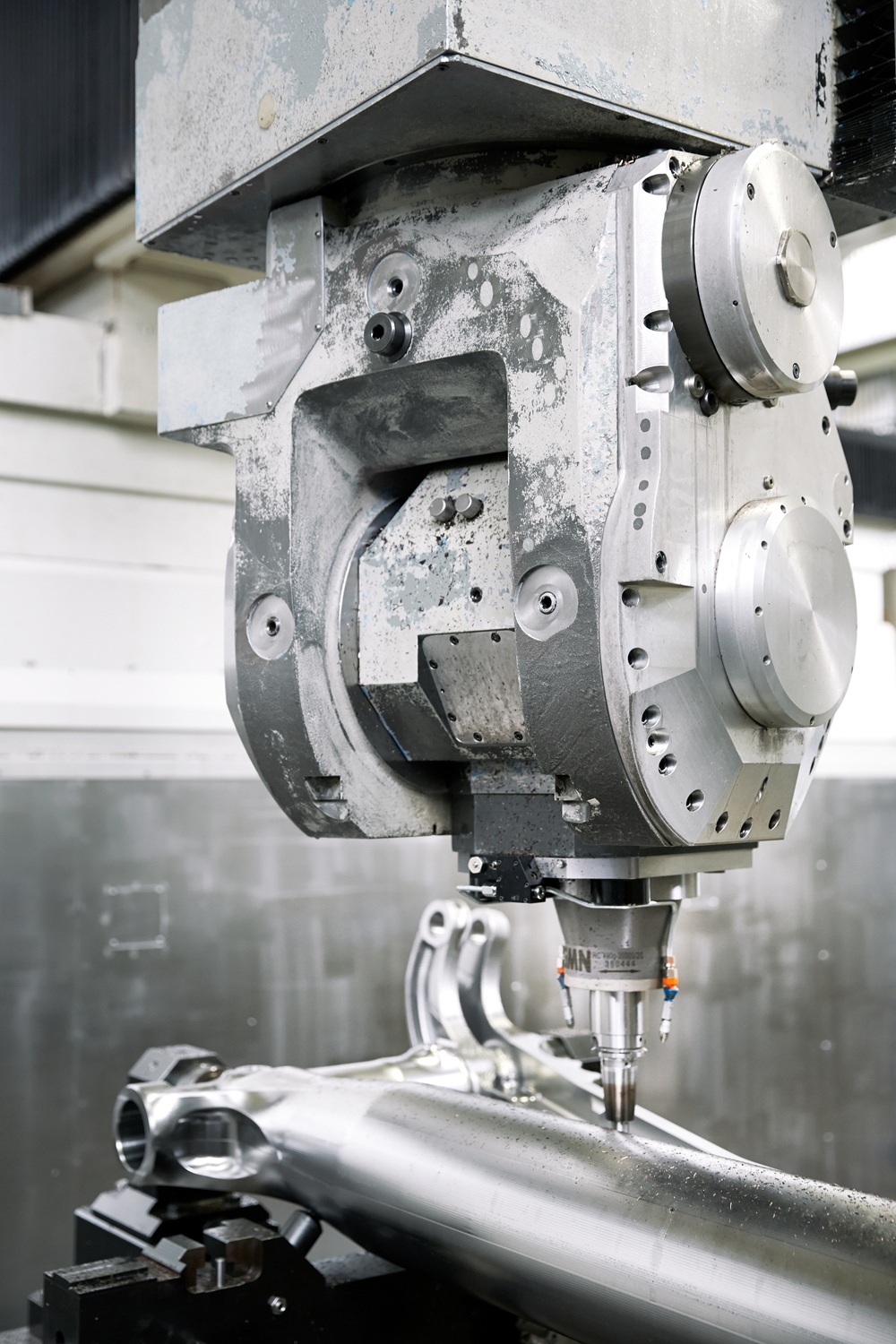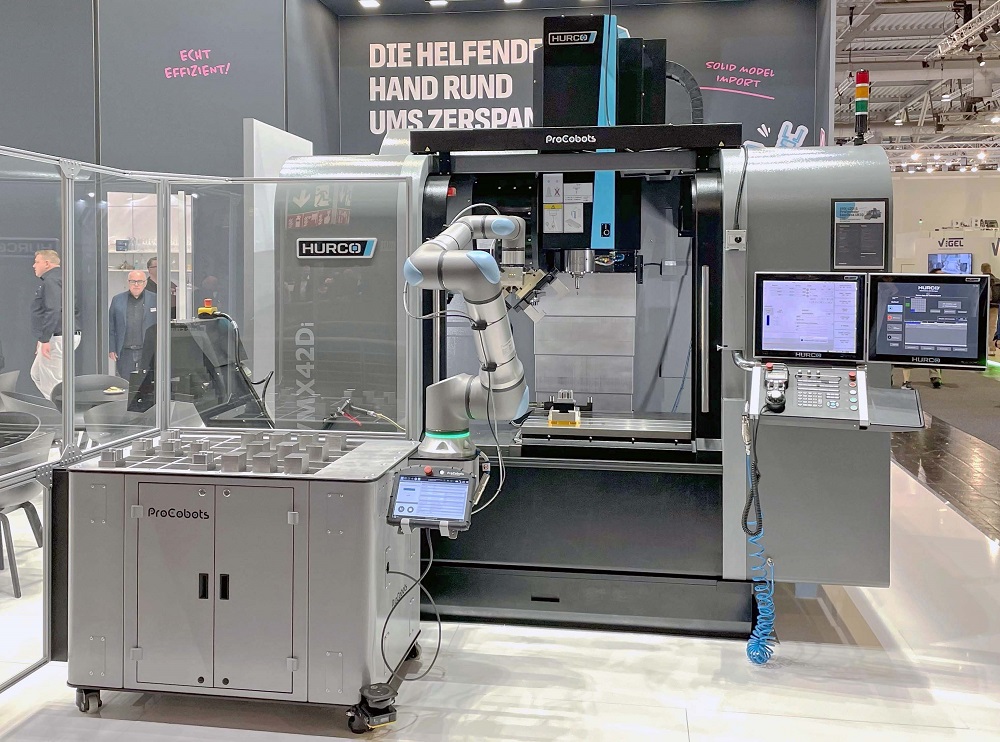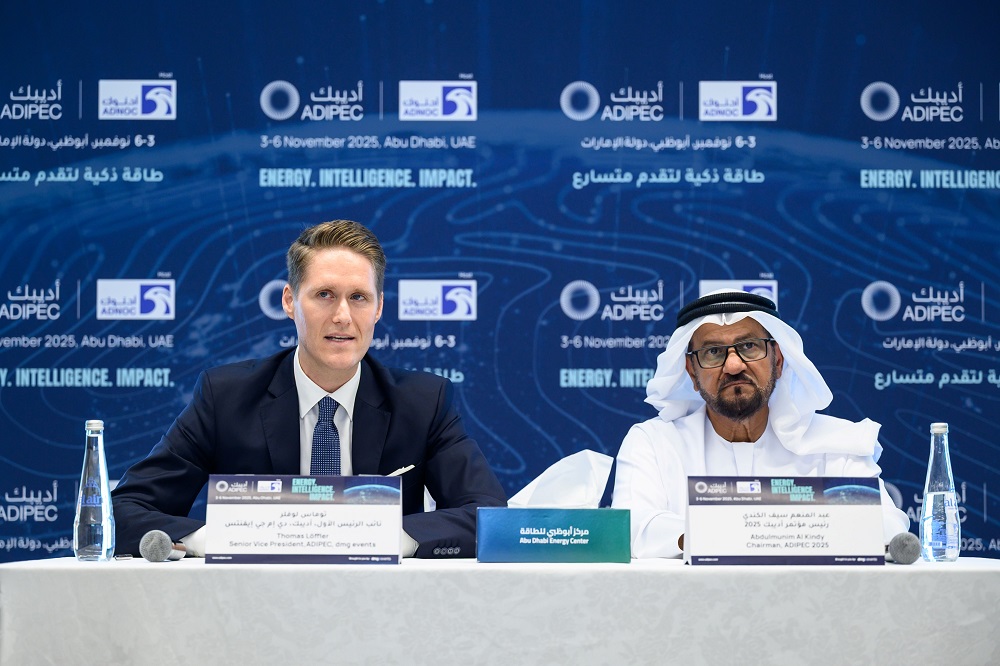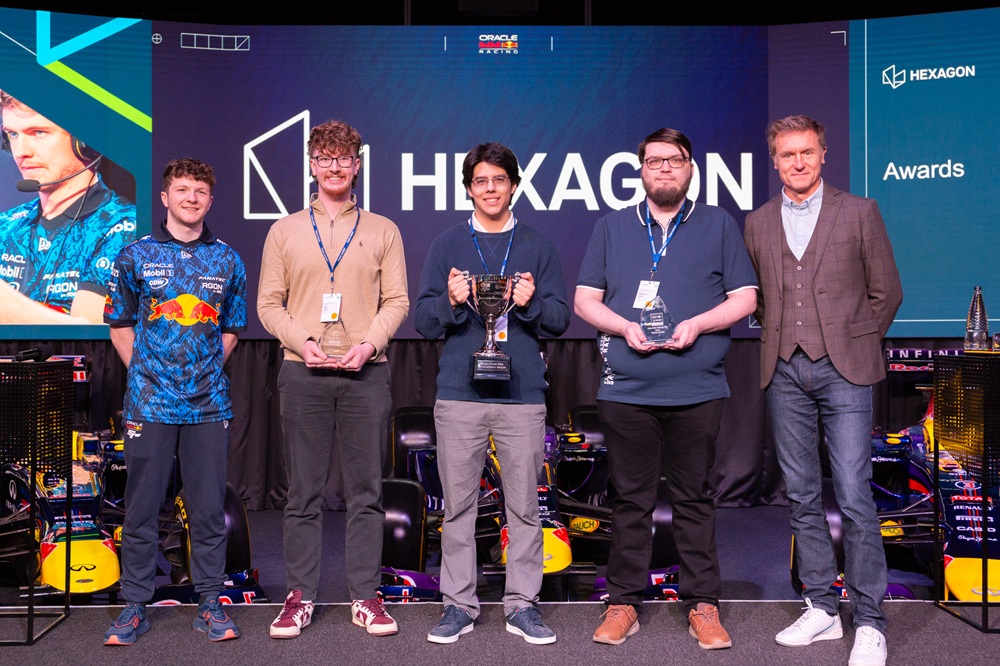At last month’s EMO 2025 exhibition in Hanover, machining centre builder Brother introduced a variant of its Speedio U500Xd2-5AX 30-taper, five-axis machining centre able to deploy 100 different cutting tools, without the need for manual intervention. The new development addresses the accelerating industry trend toward high-mix, low-volume production and the need for prolonged periods of lights-out, unattended operation. The sole sales and service agent the UK and Ireland is Whitehouse Machine Tools.
Designed in accordance with Industry 4.0 principles, the U500Xd2-5AX 100T is aimed at subcontractors and OEMs that are already converts to using the efficient face-and-taper BBT30 tool interface, or are receptive to its merits, as opposed to the continued use of 40-taper machines.
According to Whitehouse Machine Tools, compelling reasons for adopting 30-taper platforms are the very high-speed axis motions, which minimise idle times and raise productivity, the typically 80% reduction in electricity and air consumption, and the compact footprint.
Previous limitations on tool capacity and process integration within a minimal space on a factory floor have been eliminated, and a side shutter for robotic loading and the availability of automated workpiece or pallet storage and handling equipment allows the formation of a fully automated production cell.
The tool count has been boosted by mounting a 36-tool stocker on either side of the 28-tool turret magazine, enabling manufacturers to keep an unprecedented number of different tools, sister tools and special cutters ready for use, without operator involvement.
Despite the large tool storage capacity, the machine maintains its rapid 0.7-second tool-to-tool change time, while other top-end features also remain the same. The new model is equipped with Brother’s latest CNC-D00 control system featuring 15-inch LCD touch panel.
More information www.wmtcnc.com






